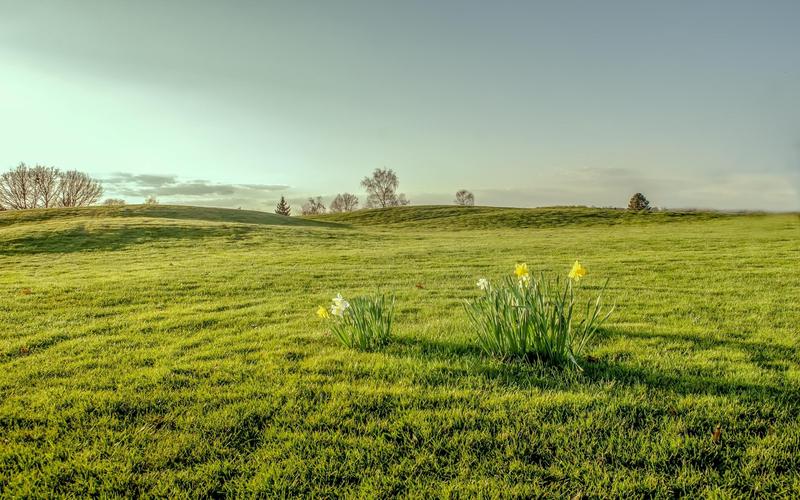From Raiding to Royalty: Unraveling Viking Culture and Society
The Viking age was a period of history that saw the rise of Norse maritime raids and overseas settlements across Europe. From the late 8th to the mid-11th century, Vikings explored, traded, fought and ultimately conquered parts of the British Isles, North America, and Eastern Europe. As much as this period of history was dominated by violence and pillaging, there were more to the Viking culture that deserves our admiration and respect. In this blog post, we shall unravel the Viking culture and society, exploring different facets of their lives.
One of the most striking features of Viking culture was their polytheistic religion. The Vikings believed in a pantheon of gods and goddesses, including Odin, Thor, Freyja and Loki, among others. According to Norse mythology, these deities controlled various aspects of life, from war and death to fertility, prosperity and love. To appease these gods, the Vikings engaged in various religious rituals and practices, including animal sacrifice, offering of gold, and recitation of spells.
The Vikings were also fond of storytelling and poetry, and their literary works greatly impacted their culture. For example, the sagas, which were long narratives of heroic adventures, exploration, and family feuds, were passed down orally for generations before they were eventually written down. In addition, Viking poetry focused on themes like love, nature, and spirituality and was often recited by skalds, a class of oral poets who enjoyed high status in Norse society.
In terms of social organization, the Vikings were organized into chieftains and extended family groups. These groups were often nomadic and would move from place to place, depending on their needs and interests. Within these groups, women held significant power and were often involved in decision-making processes. Viking women could own property, inherit from their families, and even lead armies. Moreover, Viking women were known to have accompanied their men on voyages, serving as healers, traders, and even warriors.
While the Vikings are notorious for their violent raids, they also left a significant mark on European history. For instance, the Vikings were skilled navigators and developed advanced shipbuilding techniques that allowed them to traverse vast distances. Their voyages and conquests opened up trade routes and established new settlements that helped shape the societies of their time. In addition, the Vikings were responsible for introducing new agricultural and mining techniques to Europe, thereby contributing to the growth of local economies.
In conclusion, the Viking culture and society were complex and multifaceted. While they were known for their raiding and pillaging of other cultures, the Vikings were also an accomplished and advanced civilization that contributed greatly to European history. From their religious beliefs to their literary works and social organization, the Vikings had a profound impact on the world at large and continue to fascinate and intrigue historians today.
(Note: Do you have knowledge or insights to share? Unlock new opportunities and expand your reach by joining our authors team. Click Registration to join us and share your expertise with our readers.)
Speech tips:
Please note that any statements involving politics will not be approved.
